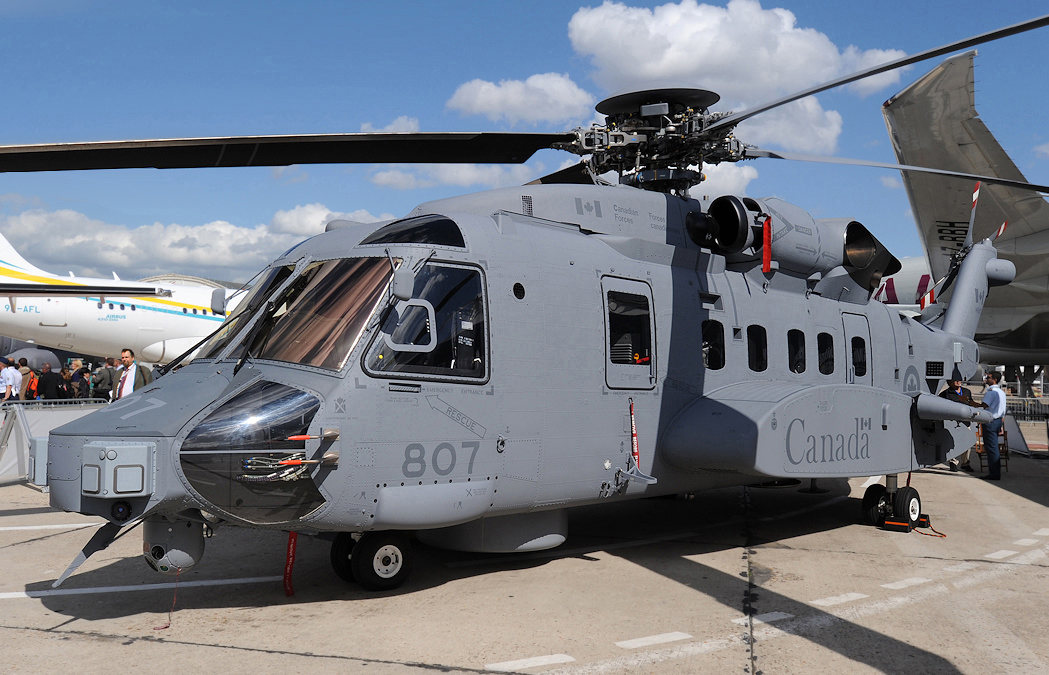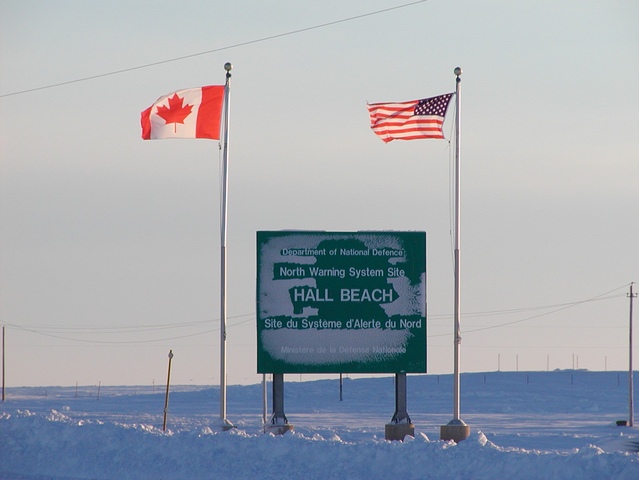After years of ambivalence, delays, and unexpected costs, the process of operationalizing the CH-148 Cyclone is finally underway. In January 2016, the first landing of an only RCAF-operated CH-148 took place on the HMCS Halifax. This milestone marks the end of a drawn-out procurement process and the decommissioning of the aging CH-124 Sea Kings.
The initial decision to begin the CH-124 replacement project was made in 1986. In 1992, the Conservative government signed a contract for 50 EH-101s helicopters. A year later, the contract was cancelled by the Liberal government, which led to $478 million in penalty fees. In 2004, the government signed a $5-billion acquisition and service contract with Sikorsky for 28 CH-148s, which are military variants of the S-92. The initial delivery date was set to 2008, with all 28 units being introduced by 2011.
In 2008, the government renegotiated the delivery time, which added an additional $117 million to the program cost. In 2010, Sikorsky announced an engine upgrade that pushed initial delivery to 2012, followed by a further three-year delay due to technical complications. As a consequence, project-overrun costs hit $700 million and Sikorsky was ordered to pay $88 million in fines for late delivery. In 2013, Public Works ordered an independent evaluation of the contract, followed by an announcement from Public Works Minister Finley that the government was considering alternatives to the CH-148.
In 2014, the Conservative government announced it would stick to the CH-148 contract and renegotiated the delivery schedule for the third time. The government signed the $7.6-billion contract in June 2014 and the first six Cyclones were delivered on June 19, 2015. The additional 22 are set to be in service by 2021.
Controversy + time = that fatal brew
Long delays in project delivery did not only cause higher project costs for the CH-148. Postponed consignment meant that allocated funds in the DND’s defence budget went unspent each year. This is a problem because project delays are systemic in Canadian defence procurement. Of the 59 projects listed in the Conservative government’s acquisition plan, 63% are behind schedule. As a consequence, future budgets require greater allocations to defence procurement, which creates discrepancies within both the DND’s and the federal government’s budgets.
In addition to cost, operating the CH-148 has raised safety concerns. In 2009, a Sikorsky helicopter crashed due to a gearbox failure, resulting in 17 fatalities from a crew of 18. As the CH-148 uses the same gearbox, government officials hesitated purchasing the helicopter before technical issues were resolved. Although DND spokesperson Ashley Lemire maintained that loss of oil lubrication occurs in “very remote” cases, it was enough to generate ambivalence among key officials. However, between December 2014 and May 2015, the RCAF and Sikorsky conducted 67 trial sorties and 322 landings and takeoffs from the HMCS Halifax with the CH-148 without incident.
Procurement of the Cyclone has also been troubled by political expediency. According to David Perry, a defence analyst at the Canadian Global Affairs Institute, procurement of the CH-148 was delayed due to complications caused by the 2015 election cycle. Perry argues that decision-making was delayed on key projects to provide the Conservative government with displays of government achievements during the summer preceding the election. This is hardly an isolated incident, as the CH-148’s acquisition process is littered with similar instances of political maneuvering.
Better late than never
Nevertheless, the operation and maintenance of CH-124 Sea Kings is becoming increasingly costly, which makes the speedy introduction of CH-148s advisable. According to estimates, one hour of flying a Sea King requires 30 hours of maintenance work, not to mention the increased probability of malfunction and accident. The Sea King’s replacement is comparatively faster, larger, and more efficient than its predecessor. It has longer operational range, state-of-the-art navigational capabilities, and secure communication systems that are interoperable with allies. It will possess modern anti-submarine and anti-surface warfare capabilities, in addition to search-and-rescue abilities.
All in all, the procurement of the CH-148s is not a Pyrrhic victory, although it does come close. However, it is definitely a useful example of how not to conduct defence procurement in the future, and revelatory of the significant costs generated by project delays.
Photo courtesy of Gerry Metzler (WikiCommons).




